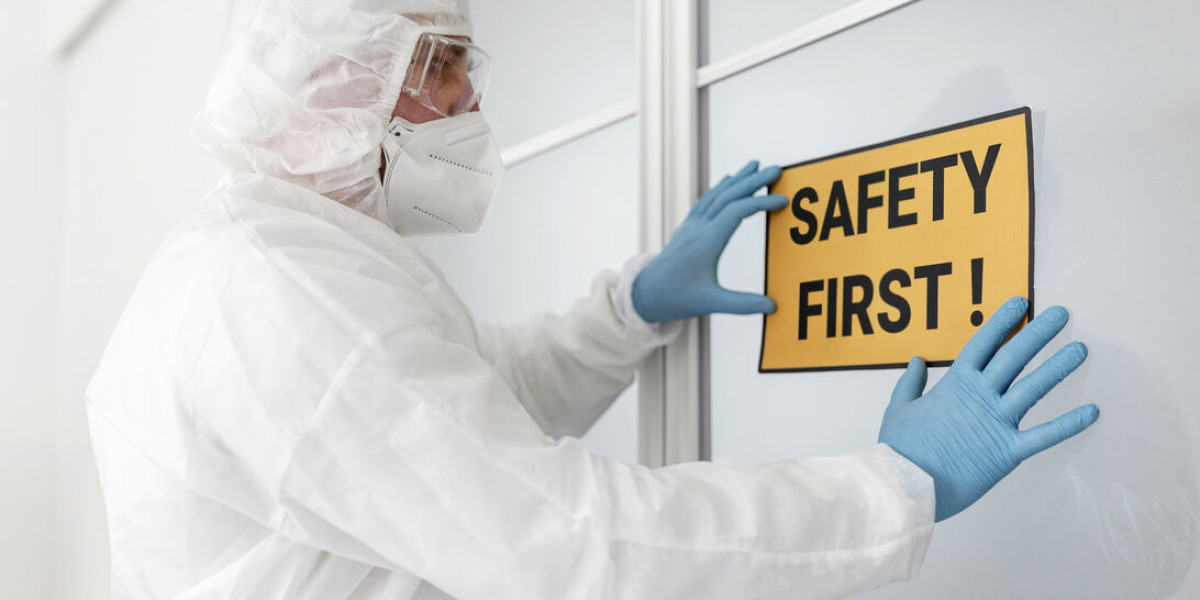Introduction to CE Marking
CE Mark certification is a mandatory conformity marking that allows products to be sold in the European Economic Area (EEA). It signifies that a product meets the necessary health, safety, and environmental protection requirements set by European regulations. Manufacturers, importers, and distributors must ensure compliance before placing products on the market.
Products Requiring CE Marking
Various product categories require CE marking, including machinery, electrical equipment, medical devices, toys, construction products, and personal protective equipment. Not all products need CE marking, so manufacturers should determine whether their goods fall under the scope of European directives and regulations.
CE Certification Process
The process begins with identifying the applicable EU directives and harmonized standards relevant to the product. Manufacturers must conduct a conformity assessment, which may involve internal testing or third-party evaluation by a Notified Body. After ensuring compliance, they must prepare technical documentation and draft an EU Declaration of Conformity. Finally, the CE mark is affixed to the product, demonstrating its compliance.
Benefits of CE Mark Certification
CE marking provides unrestricted access to the EEA market, allowing manufacturers to sell their products freely across EU member states. It enhances consumer confidence by ensuring product safety and compliance with European standards. Additionally, it facilitates international trade and demonstrates a commitment to quality, safety, and environmental responsibility.
Common Challenges in CE Marking
Manufacturers may face challenges in interpreting complex EU regulations, selecting appropriate standards, and conducting proper risk assessments. In some cases, third-party testing and certification may be required, adding time and costs to the process. Proper documentation and compliance with evolving EU regulations are crucial to avoiding market restrictions and penalties.
Maintaining Compliance and Market Surveillance
After obtaining CE certification, manufacturers must ensure continuous compliance with applicable standards and regulations. Market surveillance authorities monitor compliance through inspections and random checks. Non-compliant products may be recalled, fined, or banned from the market, making ongoing adherence to CE requirements essential for business continuity.
Conclusion
CE Mark certification is a vital requirement for manufacturers aiming to enter the European market. By ensuring compliance with EU regulations, businesses can enhance product safety, build customer trust, and expand their market reach. Understanding the certification process and maintaining compliance are key to successfully navigating the European regulatory landscape.








